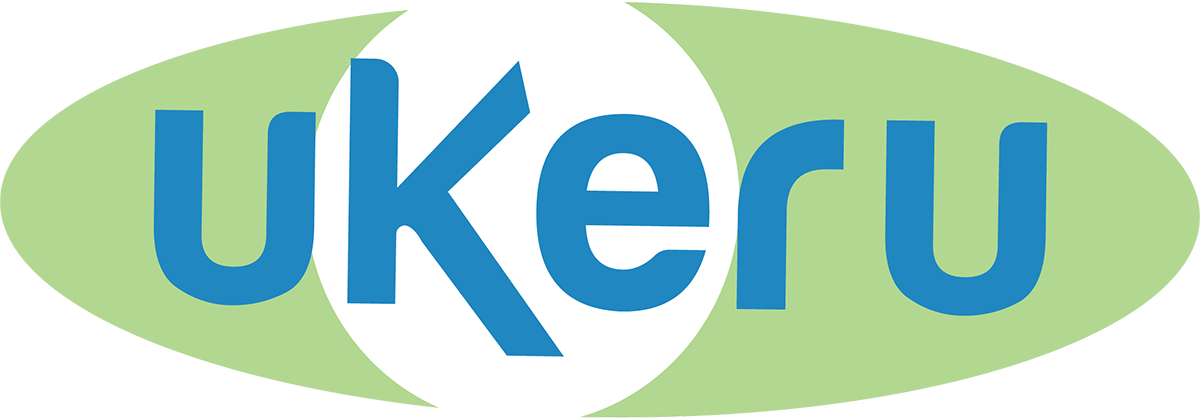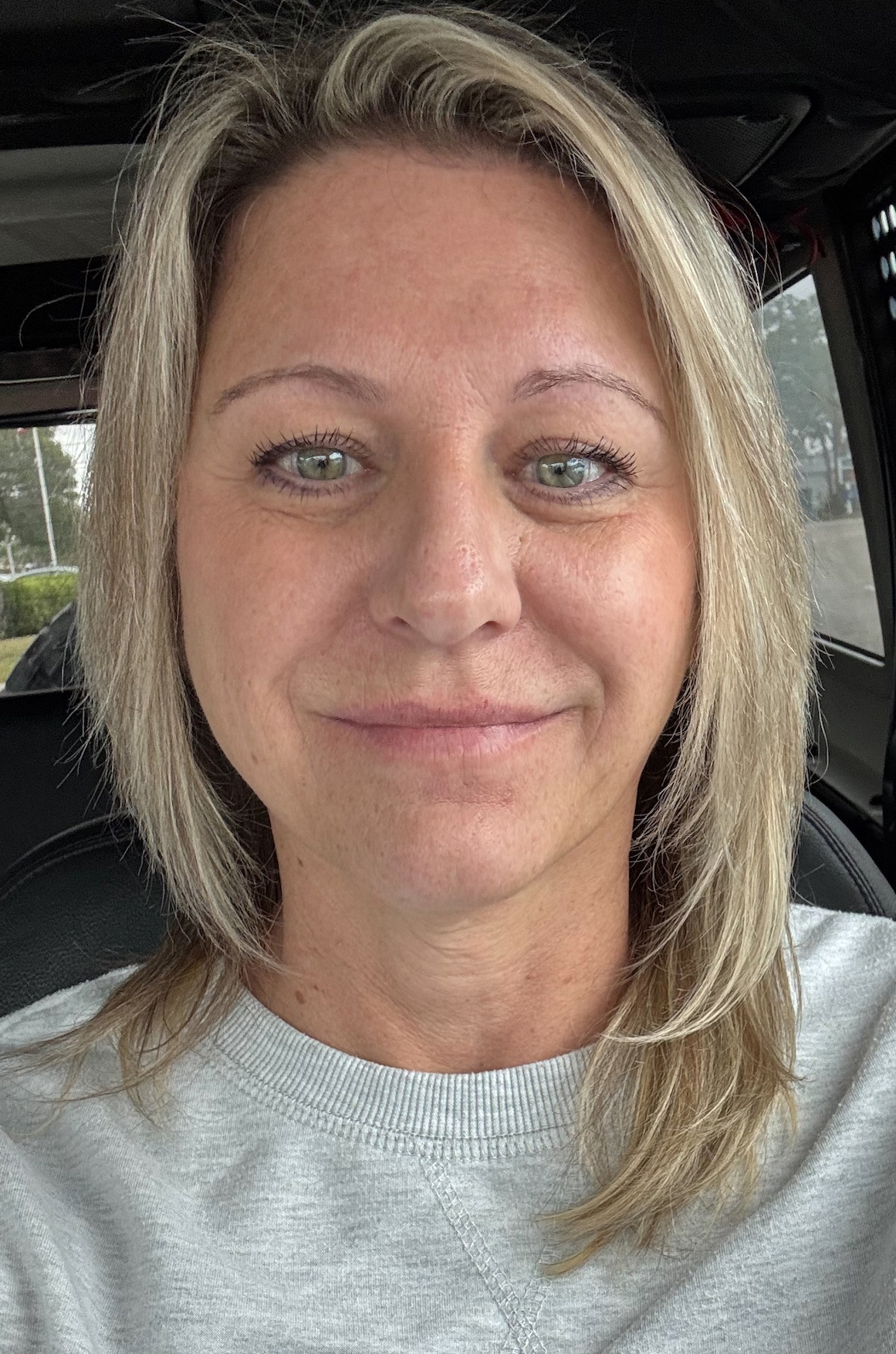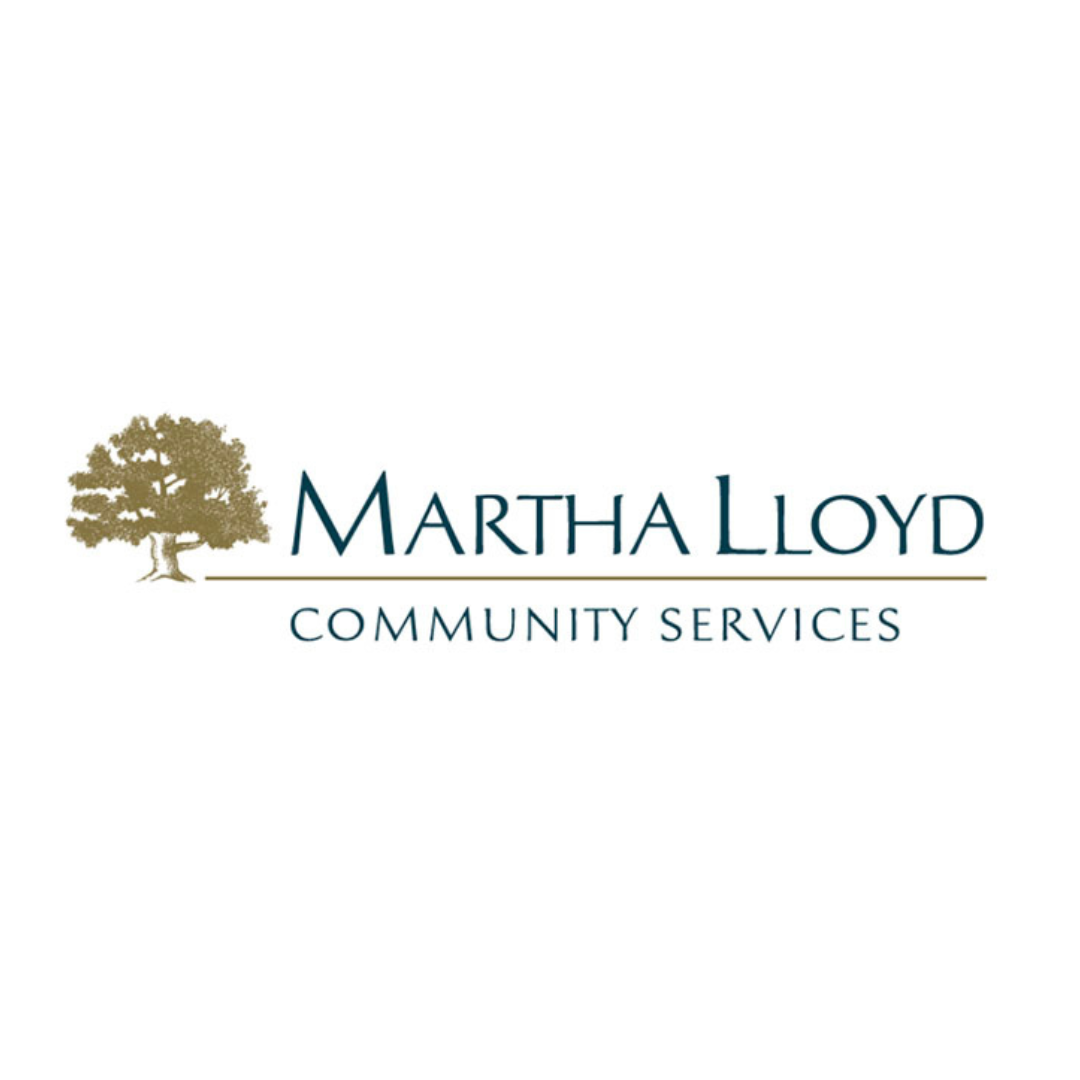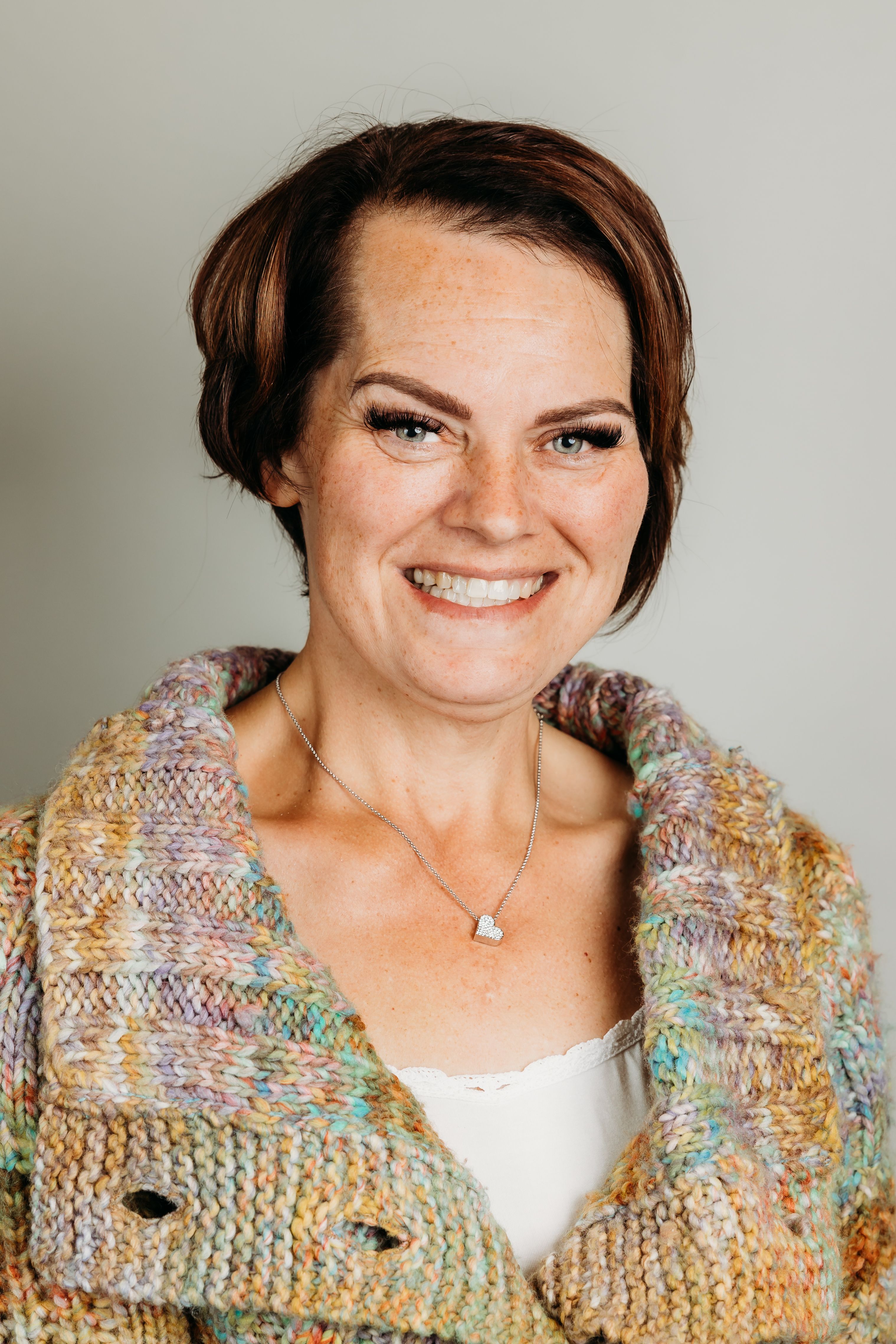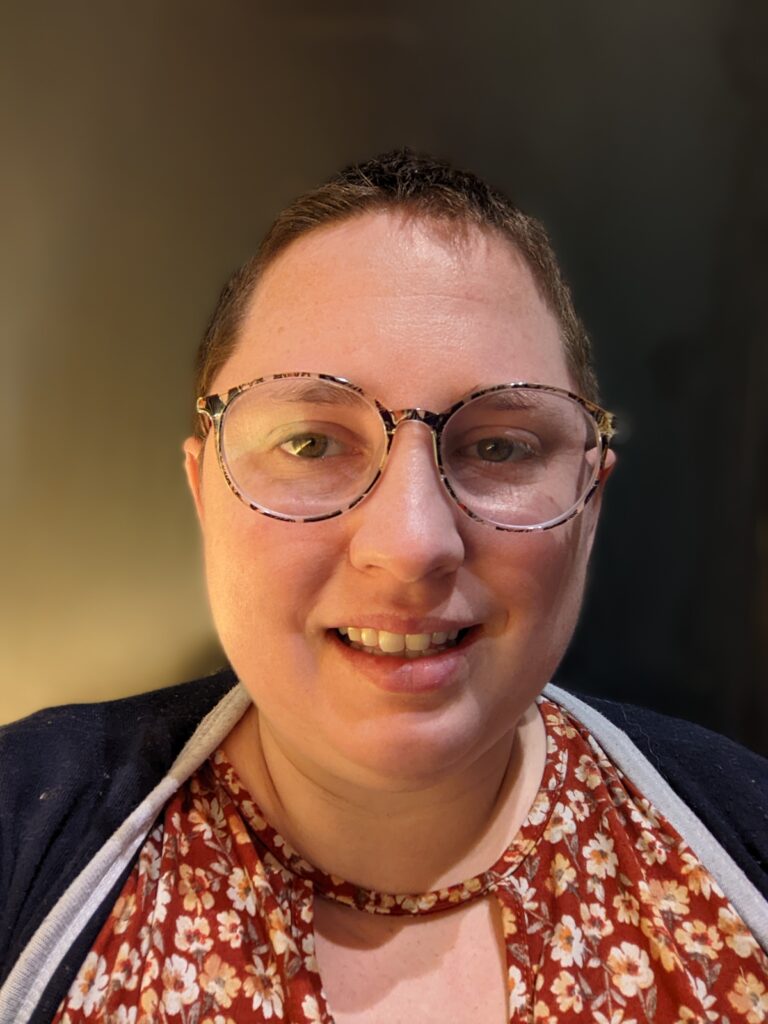
Q: How long have you been an Ukeru trainer?
A: I have been an Ukeru trainer since February 2022.
Q: What population do you work with? What inspired you to get into this field?
A: I work with autistic kids and teens. I’m autistic myself, and firmly believe in the idea of, “Nothing about us without us.” I work in this field to reduce the harm caused towards folks like me and to do whatever I can to create a world where we know what non-traumatized autistic people look like.
Q: What part of Ukeru do you enjoy teaching the most and why?
A: I enjoy teaching the comfort statements and the non-physical de-escalation strategies and concepts the most. Helping our staff have that light-bulb moment of understanding that there are better ways to treat their fellow humans is thoroughly enjoyable. Seeing the impact of the in-depth conversations we have in their sessions with clients is remarkable. I’ve also seen this part be critical for folks to truly do the physical skills effectively.
Q: What would you say to someone who is unsure about using Ukeru?
A: Making this shift is possible. It can be a challenge to work through the cognitive dissonance that comes with realizing there are trauma sensitive ways to navigate moments of distress for folks who care deeply (I presume folks serving our communities do it out of a deep care). It’s ok to sit with that discomfort. It’s safe for you to allow yourself the time to get there. It’s imperative for the safety of the IDD community we serve for us to consciously push towards better. Restraint free is better. You’ve got this!
Q: What advice or tip would you give to a new Ukeru trainer?
A: You’re likely a trainer because you have some sort of background in crisis management in your setting. Not all of your staff have that background, so remember to conceptualize what you’re teaching in a way that acknowledges their experiences with new information.
Q: How has Ukeru impacted your life?
A: Ukeru has helped me strengthen my advocacy around trauma-informed care. It’s given me hope that the move towards better care for IDD people is possible. It strengthens my resolve to push for that future. It’s also simply a joy to be able to train my staff with the tools Ukeru provides.
Q: What is your favorite quote or a motto that you like to live by?
A: “Normalize changing your opinion when you get new information.” – unknown (I really wish I knew who to credit for this quote)
Q: What three words would you use to describe Ukeru?
A: calming, patient, straightforward
